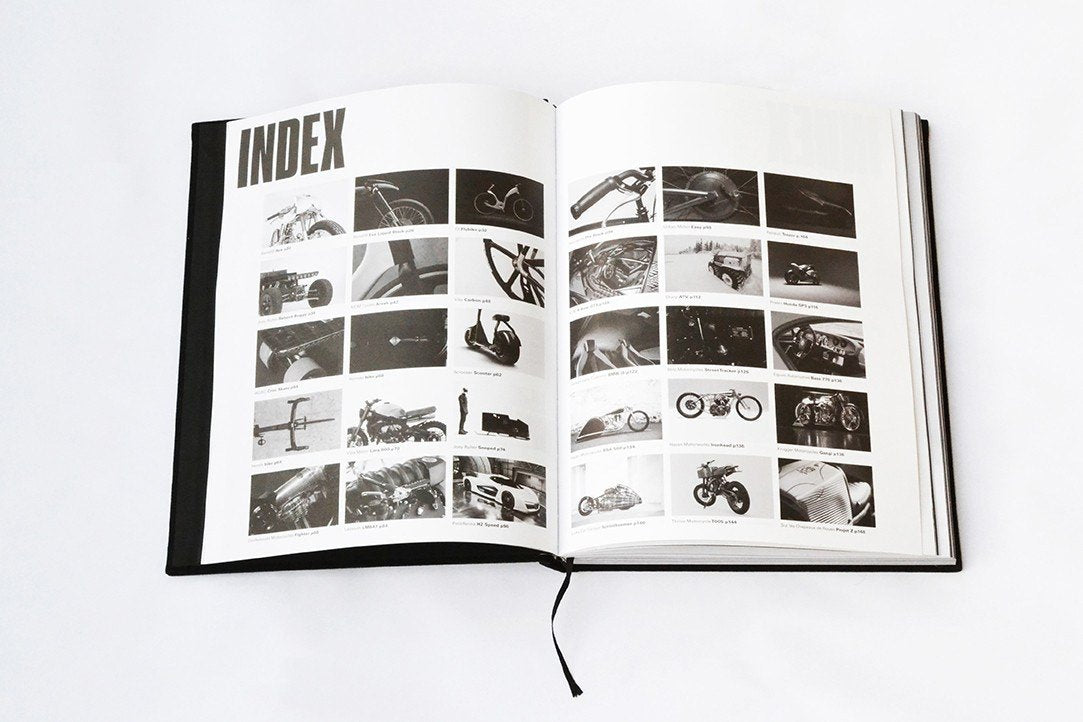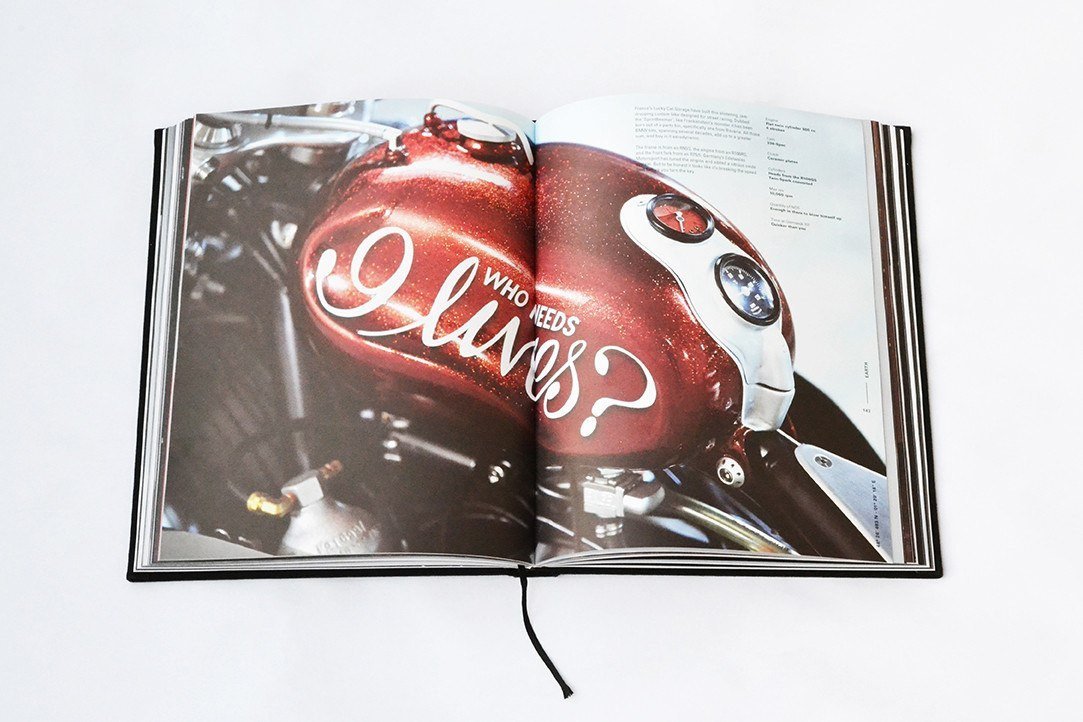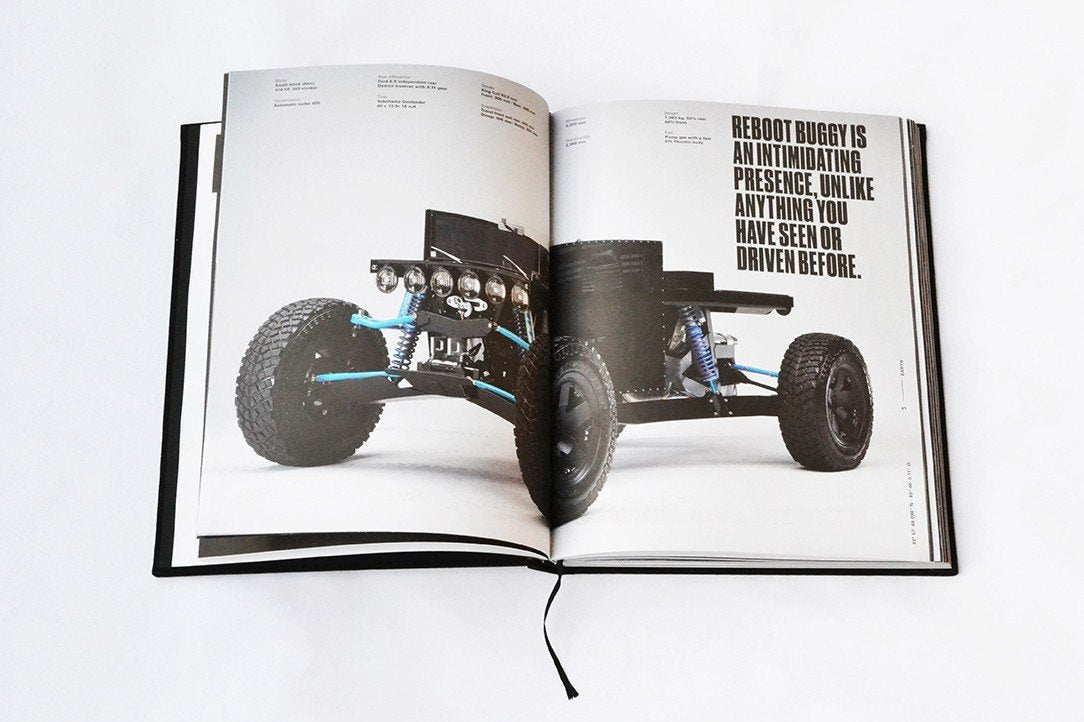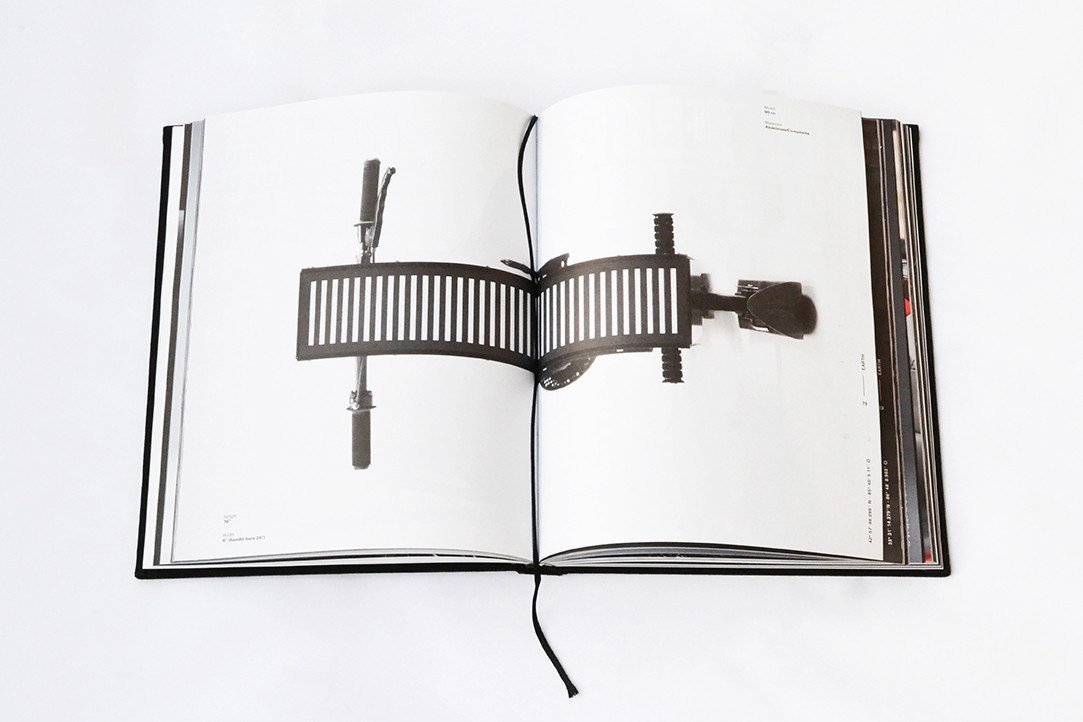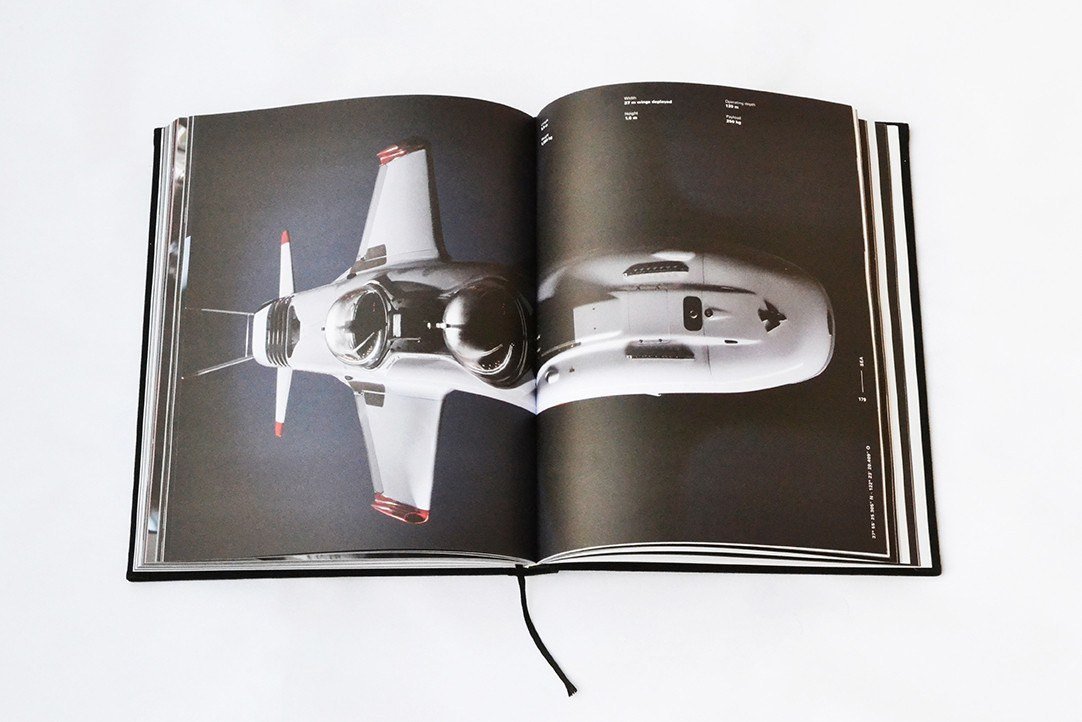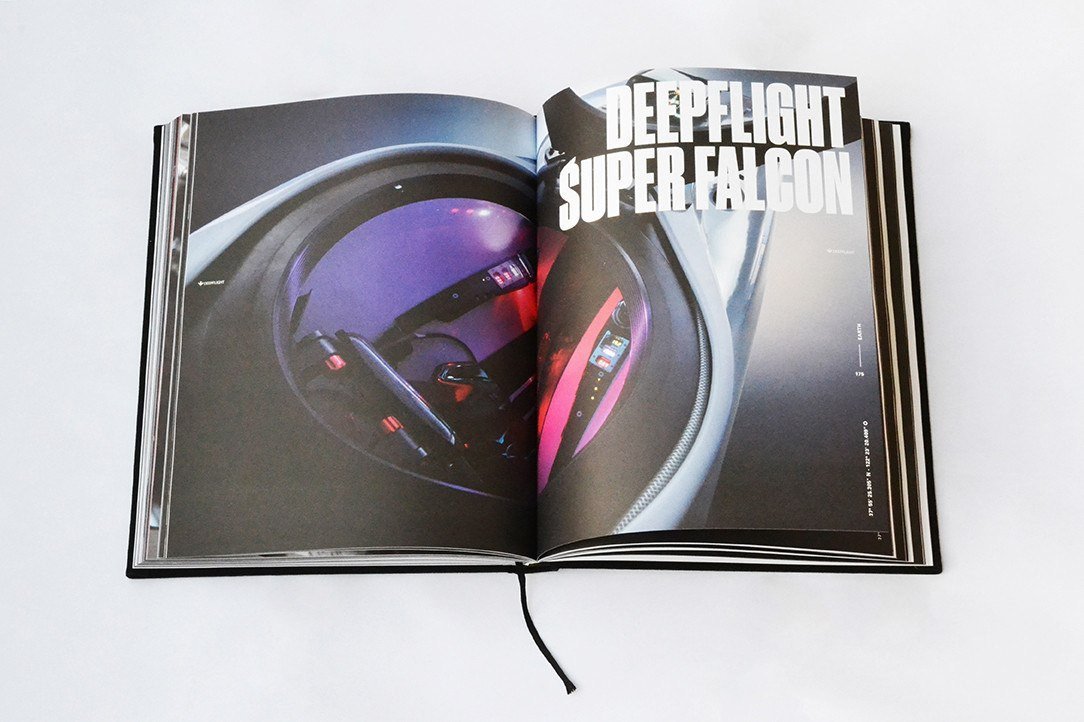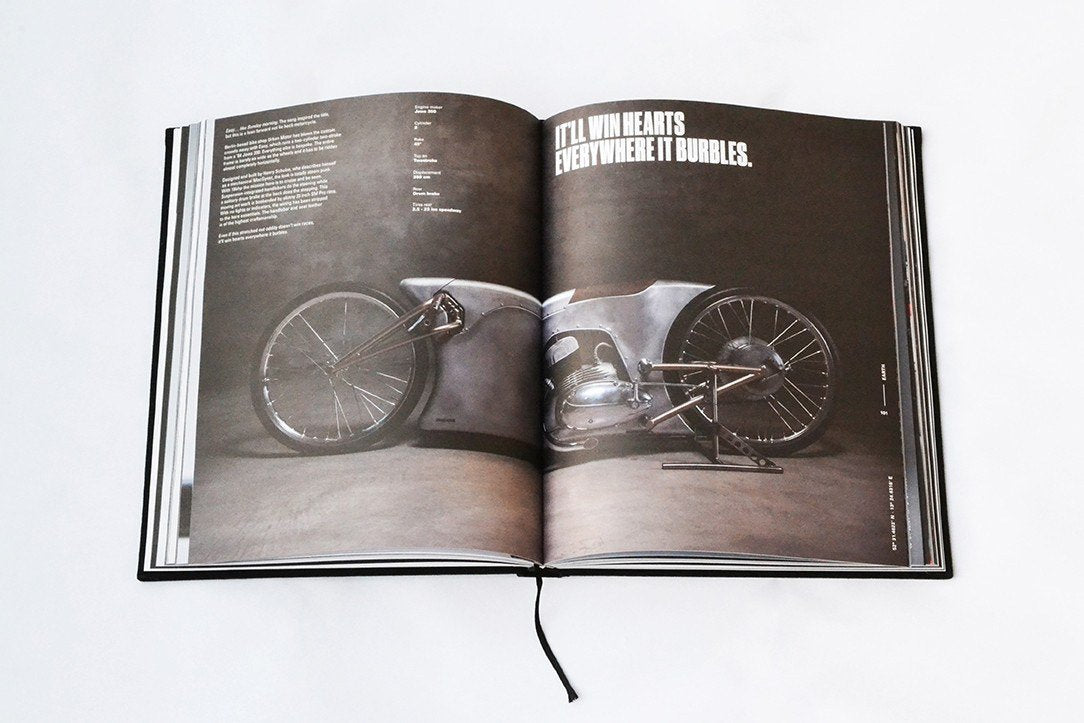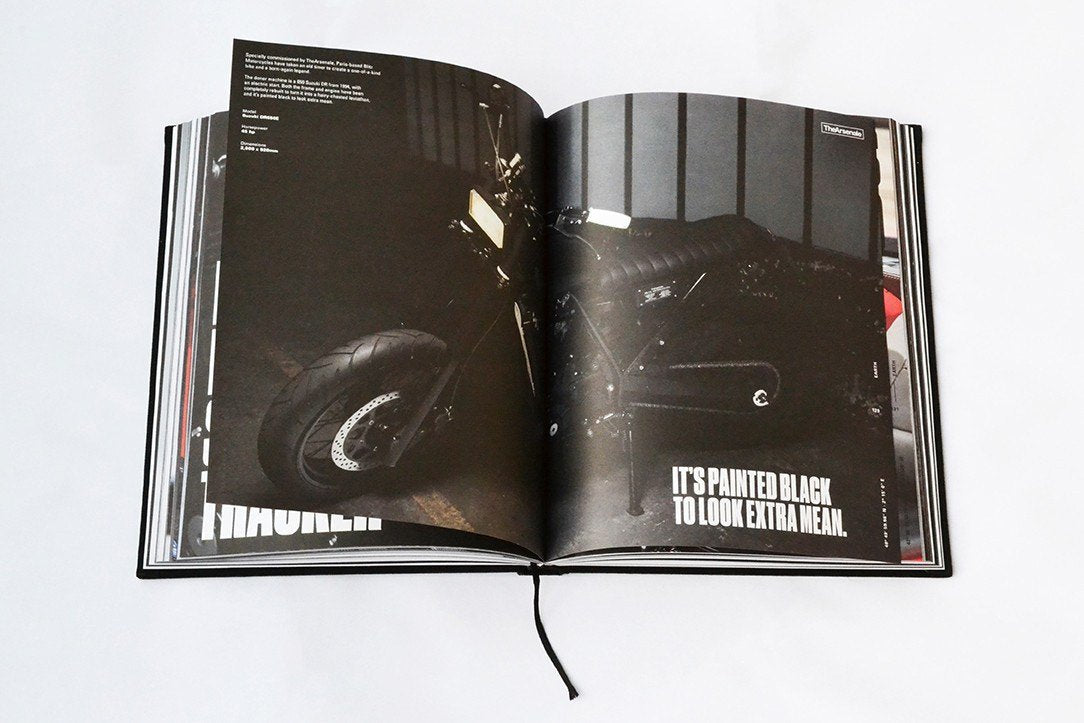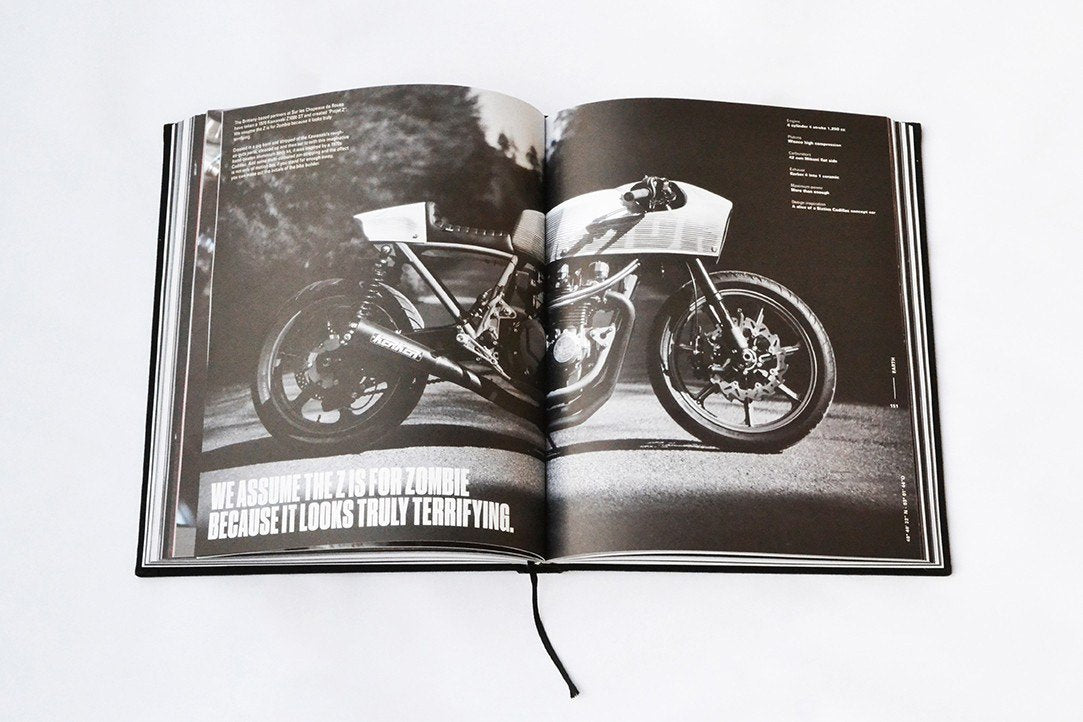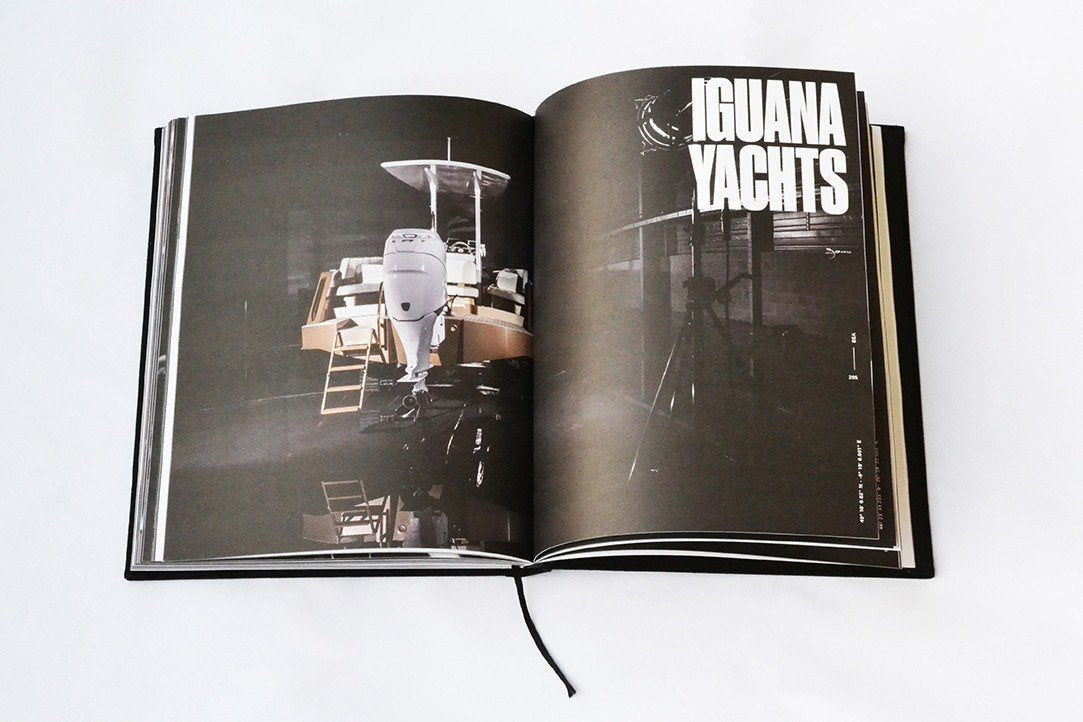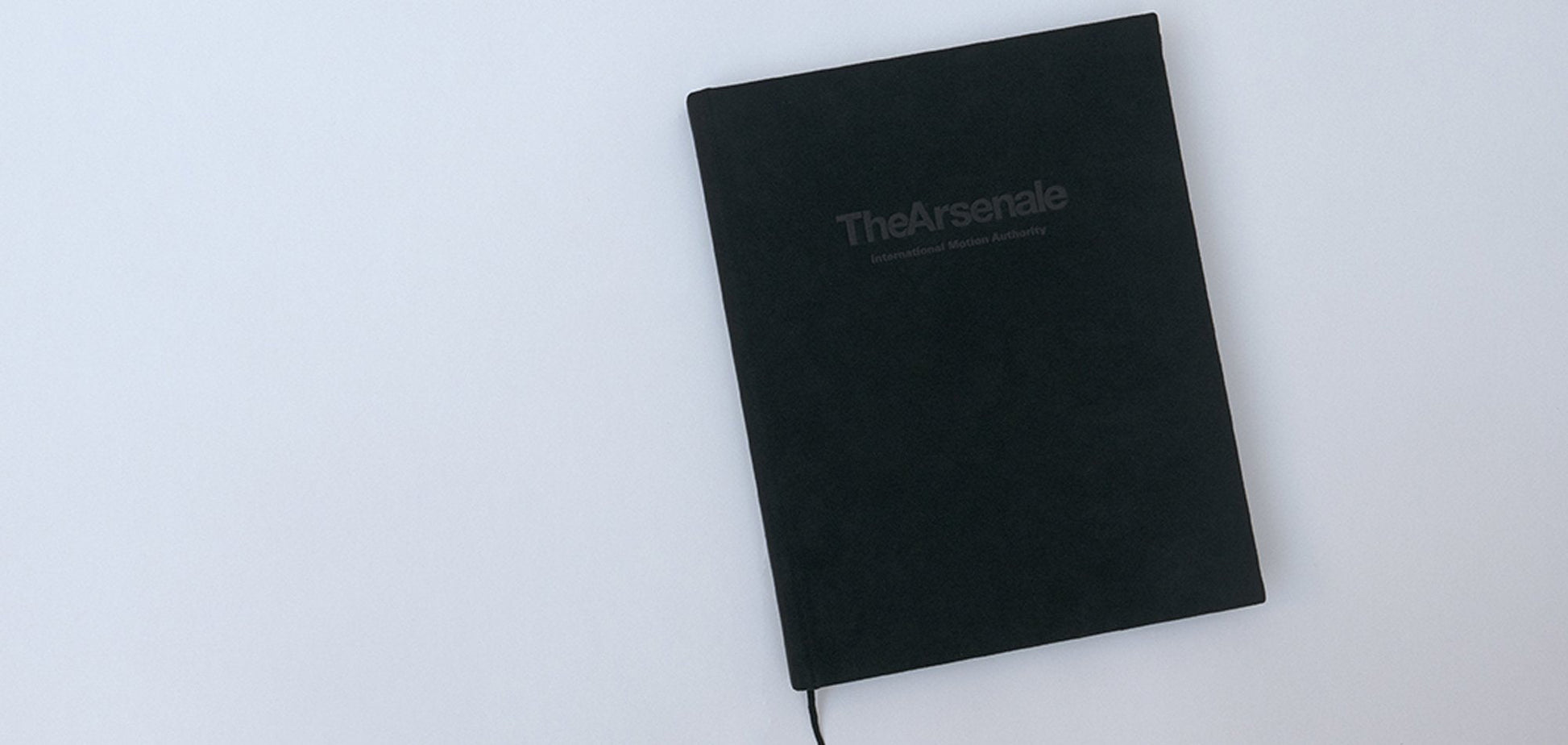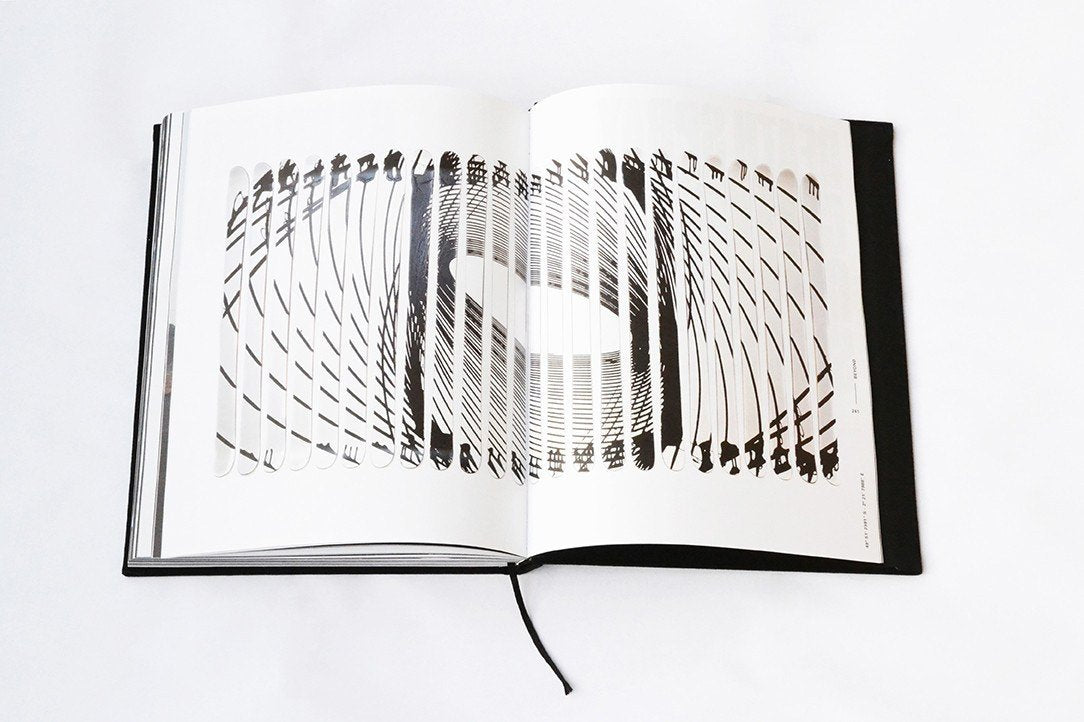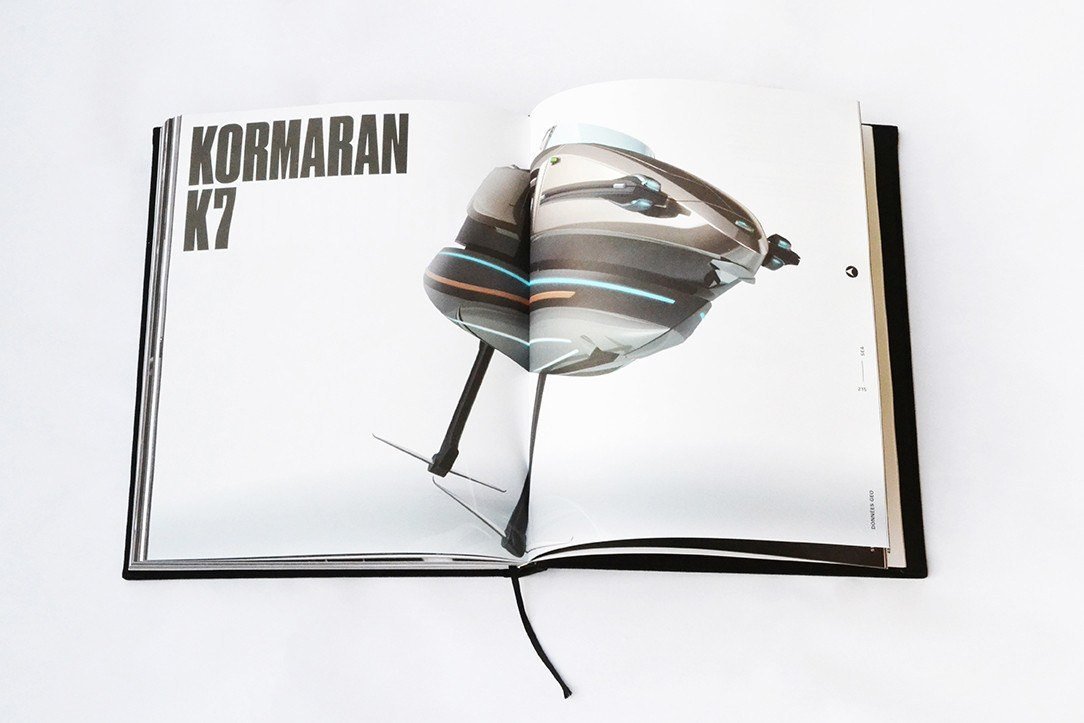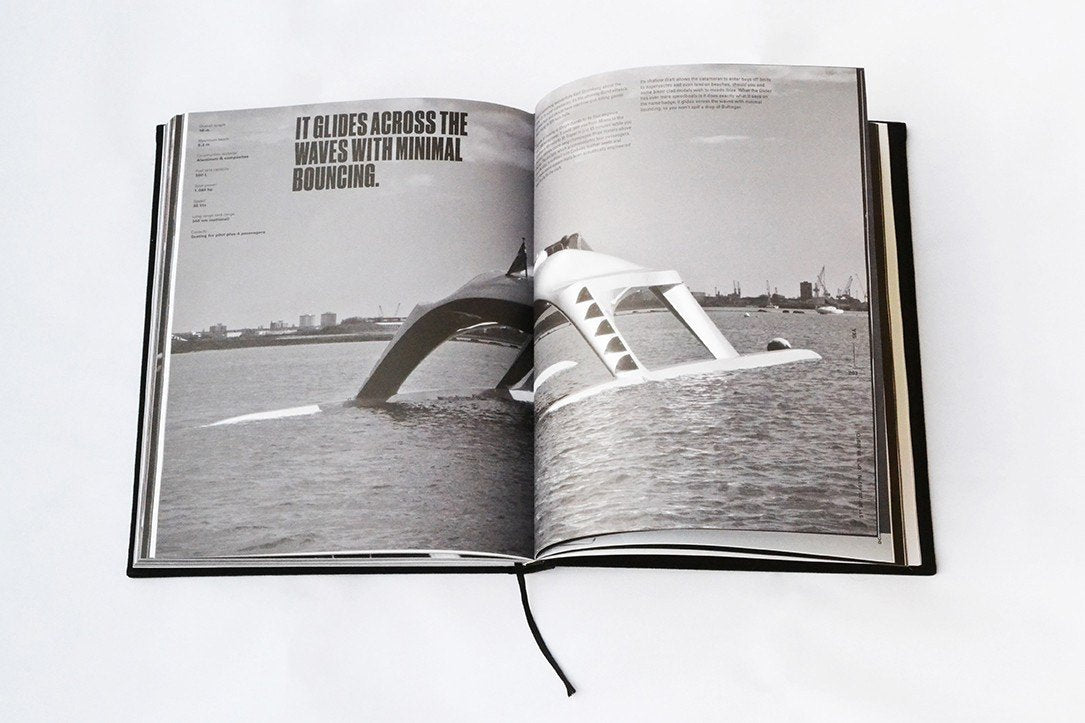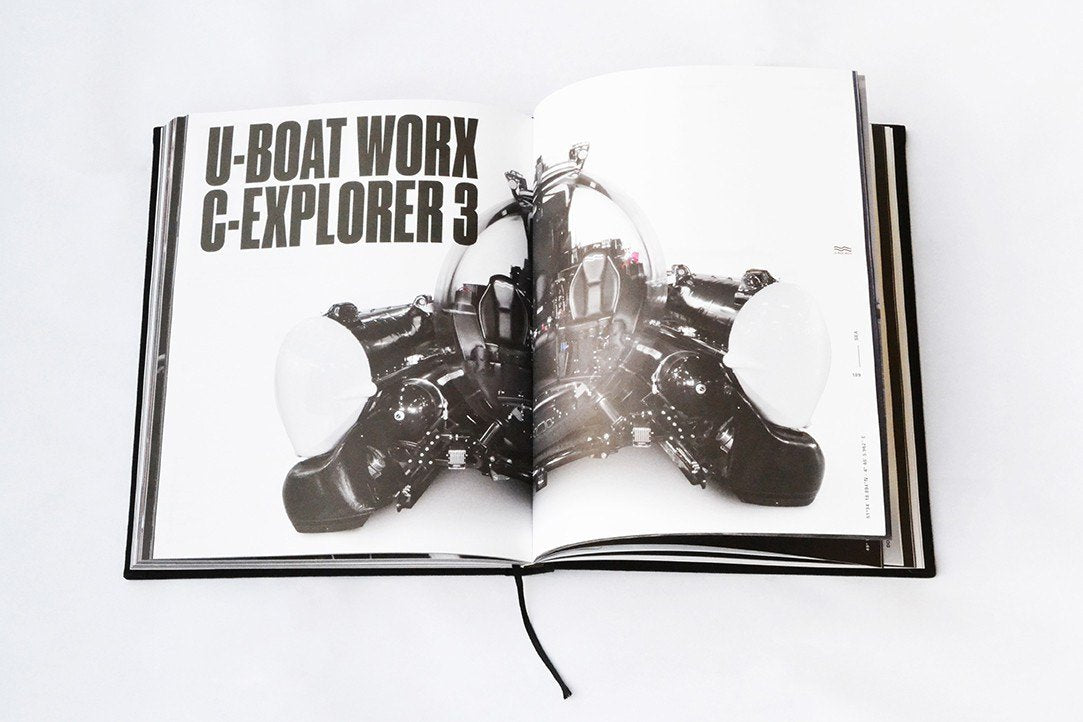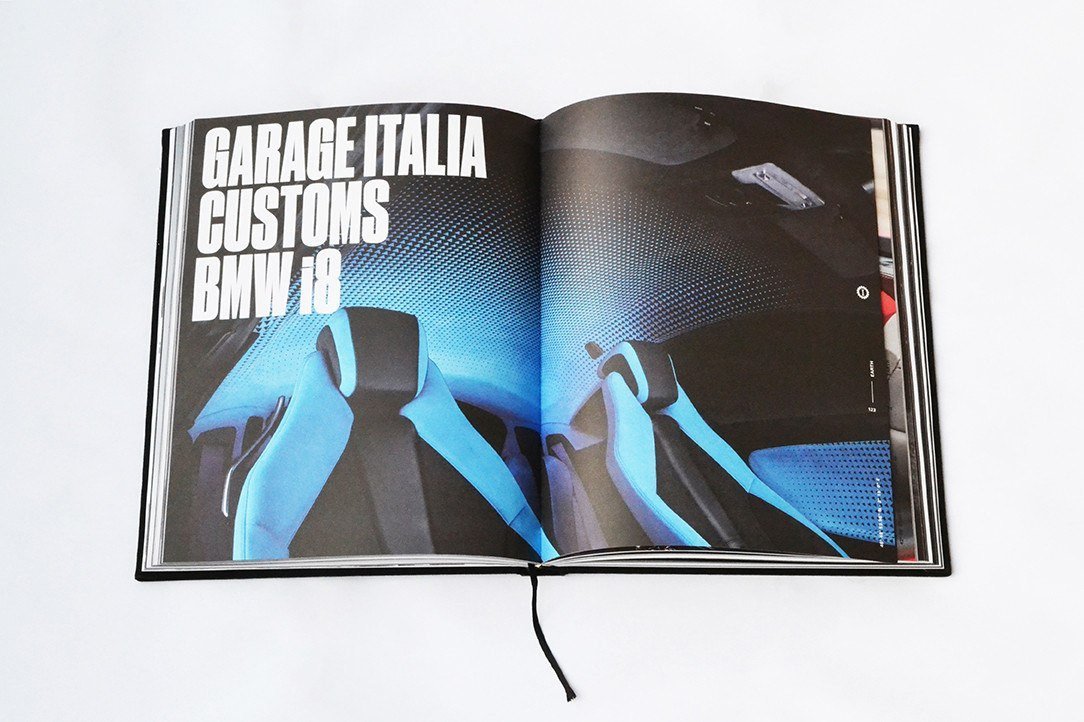At the recent Bharat Mobility Global Expo, Hyundai unveiled two innovative micro mobility concepts—the E3W and E4W—designed in collaboration with TVS Motor Company. These electric three-wheeled and four-wheeled vehicles aim to address India’s pressing need for low-cost, zero-emissions transport options in densely populated cities. Drawing inspiration from the ubiquitous auto rickshaw, the E3W reimagines this classic urban workhorse with a sleek, modern design, electrification, and advancements in safety and comfort. The E4W, a versatile four-wheeled equivalent, has broader appeal, offering global sales opportunities for TVS beyond India.


Both concepts reflect Hyundai’s commitment to meeting India’s unique mobility needs. The E3W, for instance, retains the narrow and manoeuvrable design of its predecessors but adds adjustable ride height to tackle India’s varying road conditions, particularly during monsoons. Featuring larger wheels for a smoother ride, an angled windshield for improved aerodynamics, and a flat floor for enhanced practicality, the vehicle is a significant step forward in functionality. Additionally, the flexibility to switch between passenger and cargo configurations makes both vehicles ideal for families, delivery services, and small businesses.


The impact of zero-emission vehicles like the E3W and E4W could be profound in a country where air pollution is a significant health concern—India is home to 21 of the world’s 30 most polluted cities. Hyundai has infused regional specificity into its design, such as heat-resistant paint and a tow hook for navigating rougher terrains. The collaboration with TVS, one of India’s largest manufacturers of two- and three-wheelers, ensures that these designs are not only sustainable but locally viable, offering affordability, durability, and practicality. Hyundai’s micro mobility concepts represent more than a technical innovation—they signal a transformative vision for India’s urban transport future.


📷: HYUNDAI
